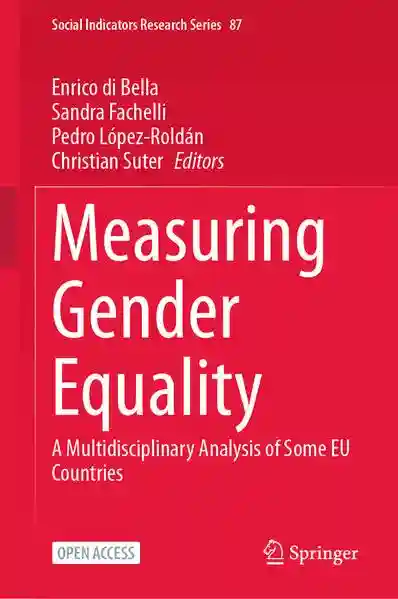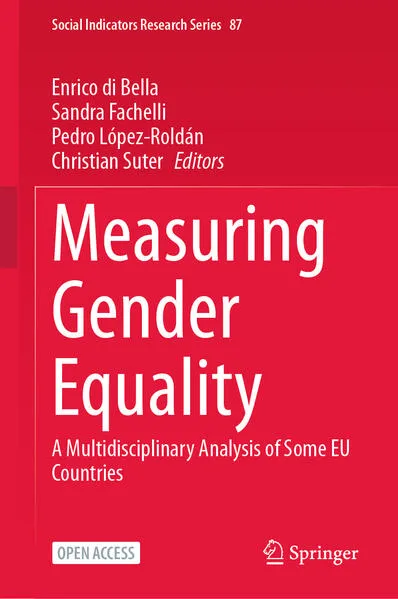Chronologie aller Bände (1 - 2)

Die Reihenfolge beginnt mit dem Buch "A Life Devoted to Quality of Life". Wer alle Bücher der Reihe nach lesen möchte, sollte mit diesem Band von Filomena Maggino beginnen. Der zweite Teil der Reihe "Measuring Gender Equality" ist am 31.12.2023 erschienen. Mit insgesamt 2 Bänden wurde die Reihe über einen Zeitraum von ungefähr 8 Jahren fortgesetzt. Der neueste Band trägt den Titel "Measuring Gender Equality".
- Anzahl der Bewertungen für die gesamte Reihe: 0
- Ø Bewertung der Reihe: 0
- Start der Reihe: 20.10.2015
- Neueste Folge: 31.12.2023
Diese Reihenfolge enthält 2 unterschiedliche Autoren.
- Autor: Maggino, Filomena
- Anzahl Bewertungen: 0
- Ø Bewertung:
- Medium: Buch
- Veröffentlicht: 29.10.2015
- Genre: Sonstiges
A Life Devoted to Quality of Life
This Festschrift is published in honor of Alex C. Michalos, a great scholar and inspiration to many upcoming and famous academics and practitioners. The Festschrift celebrates his lifelong, outstanding scientific and cultural contribution to Quality of Life Research. It contains contributions written by the most prestigious and renowned scholars in the field of social indicators research and quality of life studies. Taken together, the contributions from scholars around the world reflect Michalos’ stance that even though there may be differences in individual scientific positions, the language in the field of quality of life has no limits and boundaries.
- Autor: di Bella, Enrico
- Anzahl Bewertungen: 0
- Ø Bewertung:
- Medium: Buch
- Veröffentlicht: 31.12.2023
- Genre: Sonstiges

